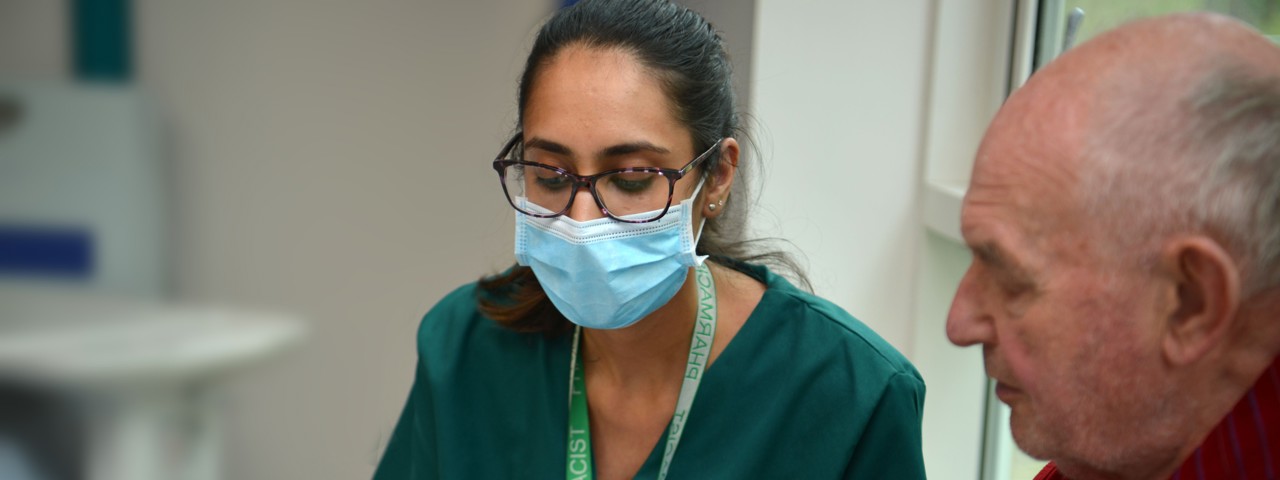Mouth-sinus communications: Lessening the risks
Explains possible forthcoming treatment and contains answers to many of the commonly asked questions
Read more
Explains possible forthcoming treatment and contains answers to many of the commonly asked questions
Read moreWhat to expect during a test that uses an MRI scanner to produce images of the small bowel.
Read moreAims to answer some of the questions that you or your child may have about their scan.
Read moreInformation for patients referred for an MRI scan by the Audiology Department
Read moreInformation and advice for patients with cochlear implants who have been asked to have an MRI scan of any part of the body
Read moreFor parents /carers of babies admitted to the Neonatal Unit of the Royal Berkshire hospital - explains how we test for MRSA, and what happens if your baby is diagnosed with it
Read moreExplains how and why we screen for MRSA (Meticillin resistant Staphylococcus aureus)
Read moreExplains Staphylococcus aureus decolonisation therapy using Hibiscrub wash solution and Bactroban ointment for the decolonisation for renal patients before surgery, renal procedures and for known MSSA / MRSA carriers
Read moreExplains Staphylococcus aureus (MSSA) decolonisation therapy using Octenisan solution and Bactroban ointment for renal patients before surgery, renal procedures and for known MSSA / MRSA carriers
Read moreExplains Staphylococcus aureus decolonisation therapy using Octenisan wash solution and Naseptin ointment and is for renal patients coming into the Royal Berkshire Hospital for surgery, renal procedures and for known MSSA / MRSA carriers
Read moreThis leaflet gives advice on pelvic floor care and exercises if you have had more than two babies.
Read moreExplains what having multi-resistant Acinetobacter means and how it is managed
Read moreA clinic that provides a high standard of care for patients who have Parkinson’s and associated conditions affecting their movement
Read moreHow to pair your MultiMic to your hearing aid in order to stream sound wirelessly
Read moreContacting your MS nurse who can provide support, advice and information to anyone with MS, families and friends in the West Berkshire area
Read moreExplains the treatment given for patients with Multiple Sclerosis (MS) who are experiencing a sudden increase in symptoms or disability
Read moreWhat happens during an ultrasound examination in the Radiology (X-ray) Department at the Royal Berkshire Hospital
Read moreOur aim is to support and prepare you for taking your baby home.
Read moreExplains what happens if your child needs a blood test on Kempton Day Bed Unit and how best to prepare for it
Read more